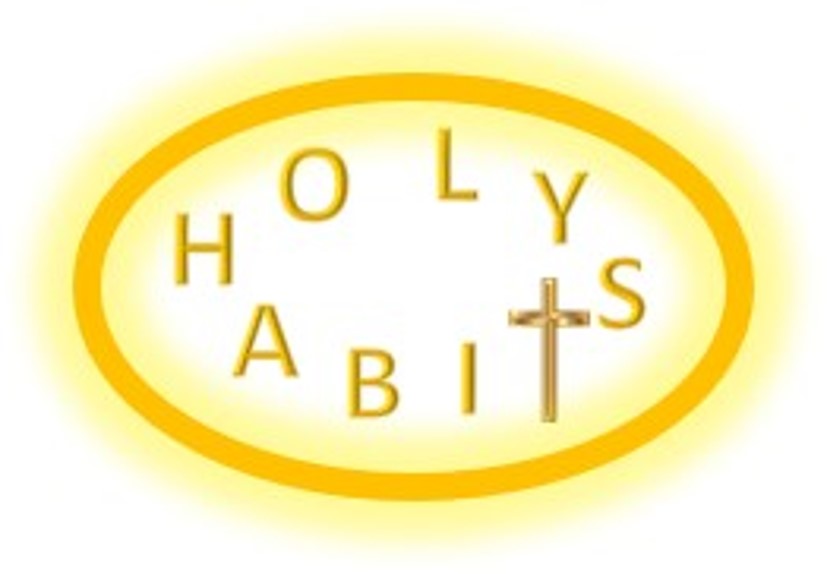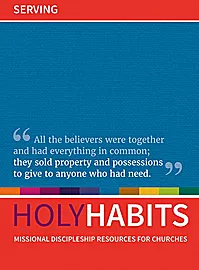


|
Holy Habits is back! We have now started our next four-week block of evening Holy Habits meetings, via Zoom. This time the theme is Serving. Phil Hyde is once again leading our virtual discussions, which will take place from 20.00 on Thursday November 4, Wednesday November 10, Thursday November 18 and Wednesday November 24. Each week will stand alone, so if you can't make all of them, that's no problem, just join in when you can. Serving Serving is a Christlike way of living. Jesus himself came as one who served (Matthew 20:28). Throughout the history of the church, Christians have grappled with how to live out the good news of Jesus that the kingdom of God is both here and yet to come. Our calling as followers of Jesus is to proclaim the good news by living on earth as if in heaven. Every act of love, justice and peace is a taste of how God's world is to be. We live this calling personally in our daily work and in our local communities. In exploring this habit, it will be important to both honour and support those who serve day by day in all sorts of ways. We live this calling corporately as churches, for example through youth and children's work, care for older people, Street Pastors, debt advice or refugee welcome centres. Exploring this holy habit will give you the opportunity to celebrate what is being done and consider what God may be calling you to do. We live this calling in partnership with others, with other churches, with people of peace in the community and with other groups - including other faith groups who are committed to serving the common good. As you explore this habit, be mindful of those you partner with or could partner with. Serving is best when it is mutual and reciprocal. We need to beware of patronising do-gooding culture and seek a Christlike way of serving that is glad to honour others by receiving as well as giving. About Holy Habits Over the past few years, Wallington URC has been exploring various aspects of the Christian faith using the 'Holy Habits' booklets developed as part of the URC's 'Walking the Way' initiative. We are aiming both to grow our own discipleship and to grow our church. So far we have looked at Fellowship, Gladness & Generosity, Prayer, Biblical Teaching and Breaking Bread.The Holy Habits course follows the example of the early church as set out in Acts 2 vv 42-47: Each theme is explored over four to eight weeks, backed up by bible readings and personal study. Talking, exploring and sharing together. Reflecting on the extent to which we see the picture that Luke paints in Acts 42-47 re-emerging in fresh expressions of church today, Holy Habits author Andrew Roberts explains 'when I was asked to think about how to support the nurture of discipleship through our churches, I suggested something based on what became Holy Habits. The Holy Habits series is a key resource for Walking the Way, the URC's focus on lifelong Christian discipleship and mission. By exploring these 10 habits in turn, the books explore how we can better recognise the presence of Jesus in all areas of our lives, seeking to play our part in building the Kingdom of God, whoever we may be and whatever we may bring to the table. 'There are no short cuts or quick fixes for today's Church or society, and Holy Habits does not seek to offer any. The point is to involve as many people as possible, to think and plan strategically, to be clear in our purpose, to work collaboratively, creatively and consultatively.' |